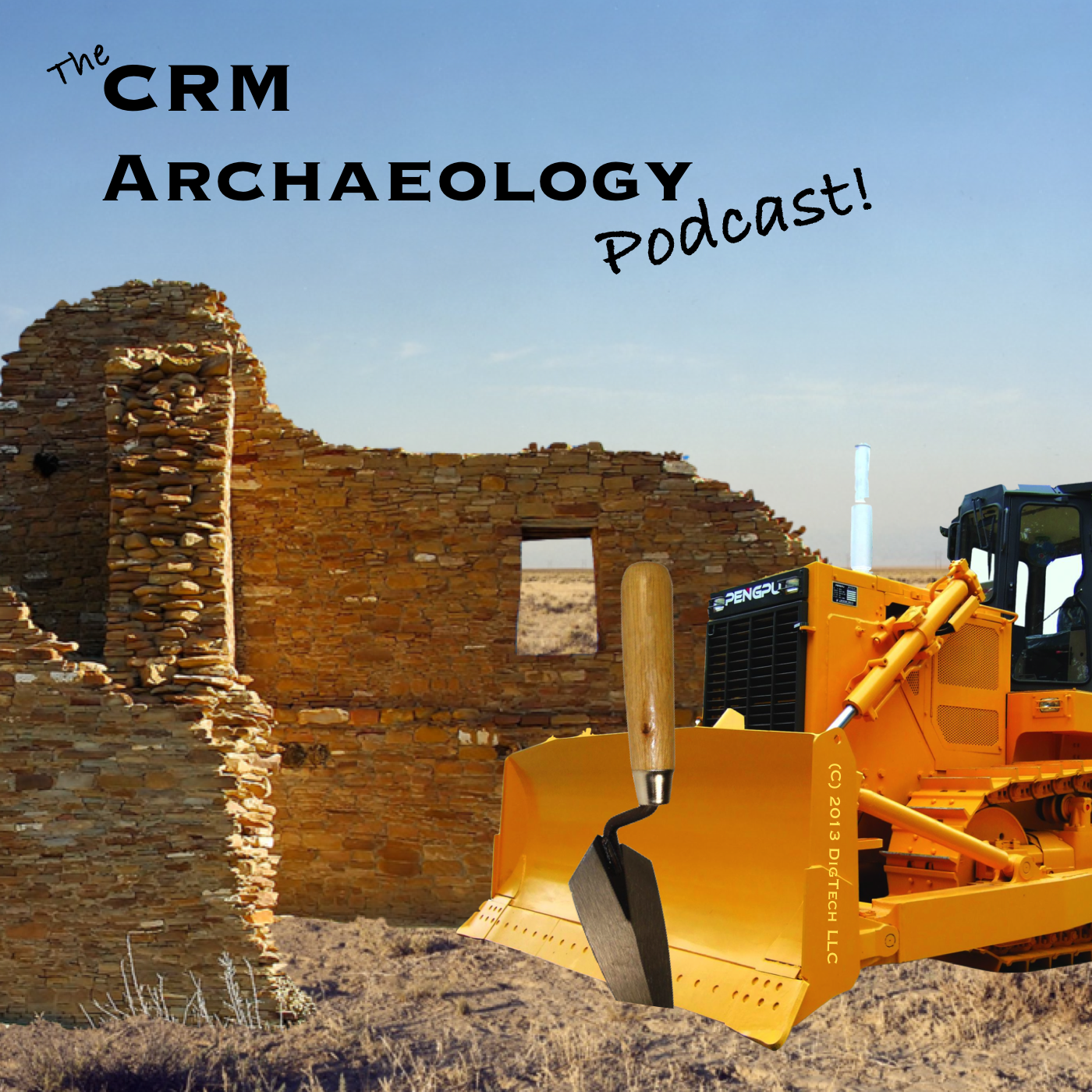Figure 1. Screening with some help from local volunteers.
Bill White and I are recording a special episode of the CRM Archaeology Podcast all about Field Schools. What should be taught at a field school? What shouldn’t be there? What did you get out of your field school? Should you learn job hunting skills? Why type of field school should you go for?
We’ll be recording on Thursday, March 26, at 5pm PDT. Send an email to chris@archaeologypodcastnetwork.com if you want to call into the podcast and tell us your field school story. If you’re an undergraduate looking for a field school, call in and tell us what you’d like to learn or what you’re looking for. If you don’t know, we’ll try to help.
I’ve told my field school story before on the this blog, in my book, and on the podcast but I’ll talk about it again briefly. The field school was actually an Earthwatch program at Olduvai Gorge in Tanzania. We were digging trenches in deposits between basalt layers dated from 1.83 to 2.01 mya. Basically, the bottom of the Gorge. It was AWESOME. We dug, screened, identified extinct faunal remains, did a little pedestrian survey, cleaned and tagged artifacts in the onsite lab, and had presentations on the area and the archaeology. We also visited several Masai villages and a market. The experience was one of a kind and fueled my passion for paleoanthopology. Did it prepare me for a career in contract archaeology, though? Not even a little bit.
Choosing the Right School
First, you need to figure out what you want to do with your life. I know, easier said than done. I don’t mean be specific, though. I just mean, do you want to be a paleoanthropologist? Do you want to work in contract archaeology? Even better, do you want to work in a certain part of the country or world? Those are big, mostly easy, questions that you can probably answer right now. The next question, though, is even more difficult.
Attributes of a Field School
Figure 2. This image is NOT from a WCRM project. Just FYI.
Now that you know where you want to go, or at least the region, you have to figure out which school to go to. If they have a website with info, great! If they don’t, contact someone that teaches the school and ask them questions. I’m going to focus on contract archaeology now since that’s what I do.
If you’re interested in contract archaeology you are going to need some specific skills that will set you above your competition. Many people, like me, just fulfilled the basic requirements of a CRM job: a degree and a field school, oh, and a pulse. To set yourself above the rest you want to get some good training in but you have to know what that training is.
Here is a list of things that you should learn at a field school to be more marketable on your first job:
- Tablet Recording
- Everyone is going digital, learn it
- Sub-meter GPS
- we use these EVERYWHERE
- Using a compass
- yes, we still do that
- Hand drawing a map
- just a good skill to have
- Reading a map
- Know how to read a topographic map. It'll save you from some treacherous hikes in the west
- Taking notes
- not as easy as it sounds; you have to be succinct and descriptive all at the same time.
- Soil description
- no one told you that you’d need a geology minor, did they? Well, you do.
- Using a screen
- see my embarrassing episode on my first dig in my book.
- Reading a Munsell book
- colors are important to some people
- How to find a job in the instructor’s profession
- they should be training their replacements
This is just a start, but, it’s a fundamental list of what you should look for in a field school. If a field school director is not teaching one of these things, ask them why they aren’t.
The Two Purposes of a Field School
Figure 3. The waste rock and entrance corridor of an adit, a horizontal mine shaft.
Contrary to what some graduate students and professors might think, field school isn’t just for finishing your dissertation or working on that site you’ve been digging for 20 years. It’s for teaching. Chances are the field school has been funded by organizations who demand that you teach. So, teach! I’ve heard of a number of instances of people attending field schools and just moving buckets for the grad students or not being able to use the expensive equipment. Field school students aren’t there to be your grunts. They are there to learn and they are often paying over $6000US for the privilege.
Remember, if you want to tell your story or tell us what you’re looking for in a field school, see the note at the top of this post.
Thanks for reading and I’ll see you in the field!!







